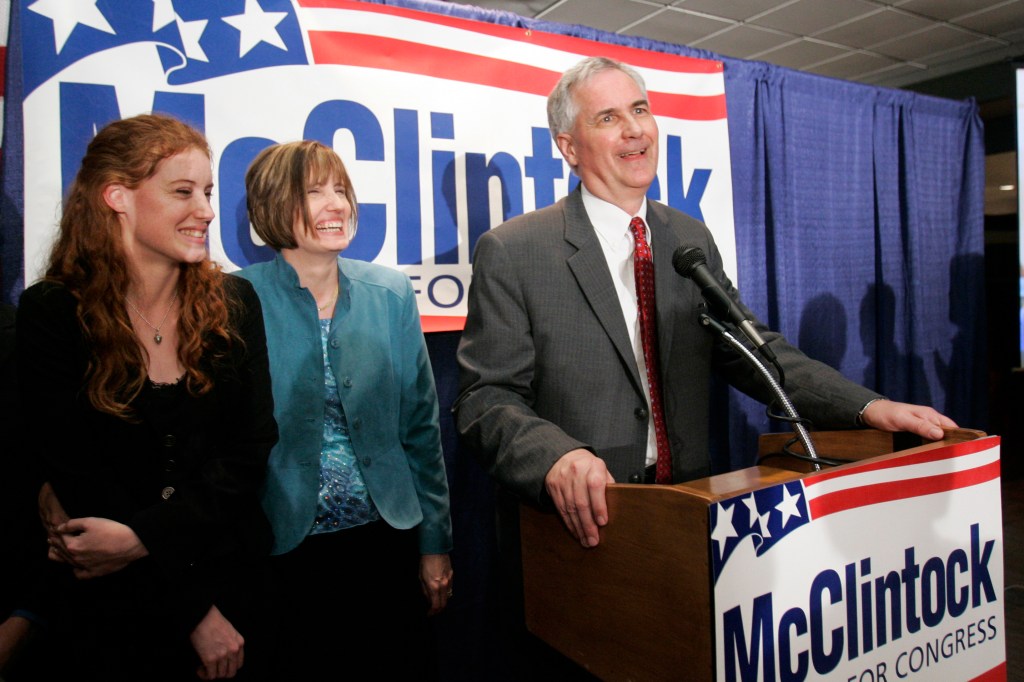
Credit: Unsplash/CC0 Public Domain
Securing suitable childcare for the irregular and long working hours demanded by a medical career is a crippling financial burden and a draining source of stress for doctor parents, reveals an exclusive snapshot survey by The BMJ today.
Some doctors have resigned or are considering resigning, others have changed specialties in the hope that it gives them more flexibility, and yet more altered their plans to have children. As a result, reports health journalist Erin Dean.
The BMJ Childcare Survey ran on bmj.com from 16 to 30 November 2023. It could be completed by anyone who clicked on the link. 596 BMJ readers responded, comprising 204 consultant doctors, 231 trainee/junior doctors, 95 GPs, 3 medical students, 14 nurses, 10 researchers, and 39 others. Of these respondents, 47 were male, 548 were female, and 1 preferred not to say.
According to the survey, more than 9 out of 10 (93%) of respondents have struggled to find suitable childcare for their work schedule.
The biggest single issue for all doctors who responded was finding care that covers the length of their day. Many spoke of the stress and guilt of trying to be on time for work in the morning and to pick up their children from nurseries or after-school clubs at the end of the day.
The next biggest problem was the cost, which was ticked by 75% of respondents, and then irregular schedules, which was difficult for 65% (respondents could tick more than one option). A number of doctors commented that the cost was bigger than their mortgage, and often it is more than they earn.
One junior doctor with four young children says that childcare is costing £4,000 a month, £1,000 more than she earns, while another doctor is on the point of leaving medicine over the costs, saying, “It is impossible to survive as a single parent on a junior doctor salary and pay for childcare.”
For trainee doctors, rotations (a series of placements in different specialties) add an extra layer of pressure as moving hospitals can leave parents struggling to sort new care arrangements with little notice. Out of the 231 junior doctors who responded, rotations were a problem for 71% and irregular hours for 82%.
There is a palpable sense of fear and panic from doctors about how they will manage rotations, notes Dean. Some describe how family members have moved near to them to help with childcare, but others talk about how work has moved them away from the family, who could provide a valuable support network.
“We live in constant fear of being sent on rotations with long commutes as it will make pick up and drop off impossible, and in constant guilt that our poor child is first to be dropped off and last to leave,” said a doctor, whose partner is also a doctor.
Some doctors described how they, or their partners, have stopped working as a result or left the NHS, while a number have changed specialty to try to better fit in with childcare.
Many also described how they would like to expand their family but simply couldn’t imagine how they would be able to find or afford childcare. Almost seven out of 10 respondents say that concerns about childcare have influenced when and how many children they plan to have.
BMA workforce lead Latifa Patel says the overstretched NHS needs doctors who are parents more than ever, but balancing childcare and work is having a huge impact on medical staff.
“These figures are disheartening and reflect the profound impact that inadequate childcare options and eye-wateringly high costs are having on doctors and our families,” she says.
Dean also points out that more than nine out of 10 respondents to this BMJ survey were women, and previous reports have identified how parenthood appears to have a bigger impact on the careers of female doctors.
While overall a high proportion of female doctors return to work when compared to other sectors, “that may be little comfort to the many doctors who responded in desperation to this survey, and described repeatedly the juggle they face,” she writes.
Patel urges the government to improve childcare provision for key workers as a matter of urgency and to support NHS nurseries to remain open. The government must also look to offer financial support to doctors who have to arrange expensive, last-minute childcare in order to work, she says.
“It does not make economic sense for the government to sit back and watch droves of much-needed doctors suffer from stress and require sick leave or leave the profession altogether due to a lack of childcare options,” she argues.
In two linked opinion articles, doctors describe the challenges they face in finding flexible, affordable, and accessible childcare.
More information:
Latifa Patel et al, Doctor parents and childcare: the untold toll revealed, The BMJ (2024). DOI: 10.1136/bmj.q128
Citation:
Doctors found to be quitting over stress and cost of finding suitable childcare (2024, February 14)
retrieved 18 April 2024
from https://medicalxpress.com/news/2024-02-doctors-stress-suitable-childcare.html
This document is subject to copyright. Apart from any fair dealing for the purpose of private study or research, no
part may be reproduced without the written permission. The content is provided for information purposes only.
Note: This article have been indexed to our site. We do not claim legitimacy, ownership or copyright of any of the content above. To see the article at original source Click Here












